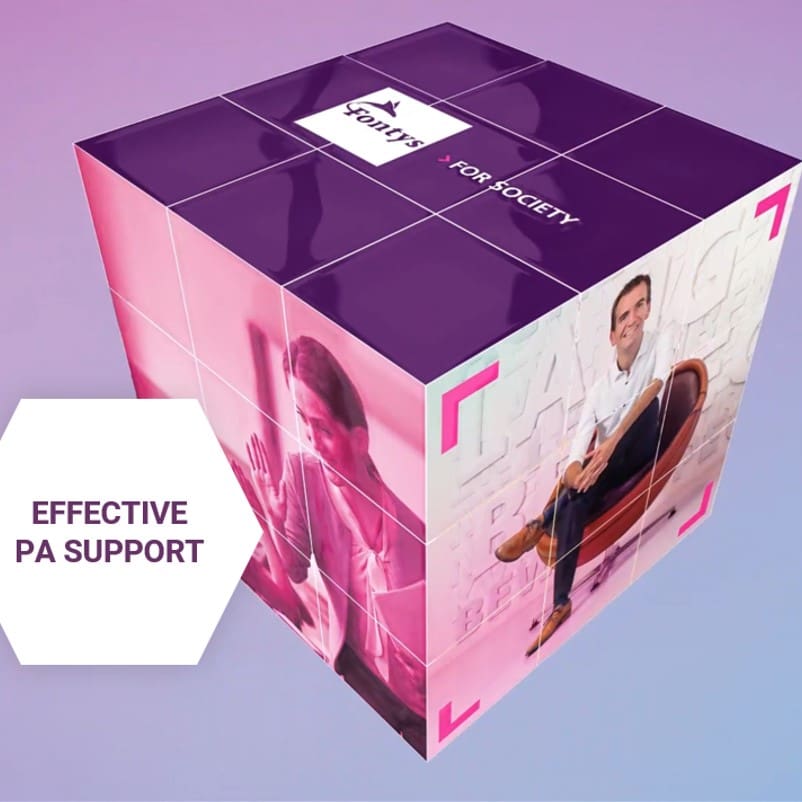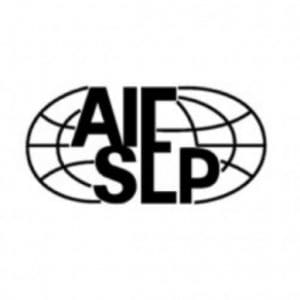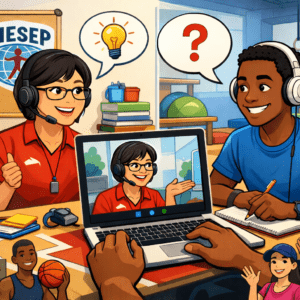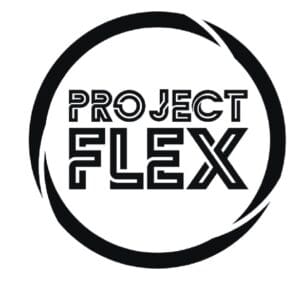Physical activity isn’t the hardest thing to do in life. Yet, developing and implementing sustainable PA approaches for in and around schools comes with more complexity than it first appears.
In his inaugural lecture Dave Van Kann (professor Learn to Move in and around Schools, Fontys University of Applied Sciences, the Netherlands) presented a comprehensive view on children’s challenges to become and stay physically active. He visually showed the complexity of the ecosystem in which children are being raised. This system consists of multiple micro-ecosystems in which children spend substantial amounts of time during childhood (home, grandparents’ home, childcare, primary school, neighbourhood, playground, sports club, secondary school and more). Each micro-ecosystem has its own set of physical opportunities that interact with social (support) and policy (rules, (in)formal norms) characteristics. Although inconsistencies between micro-ecosystems are inevitable, too much inconsistencies withhold children from developing healthy physical activity patterns that track habitually over time into adulthood. To overcome these issues, Van Kann strongly advocates to adapt a systems approach, in which children’s physical activity is put in the middle as a corner stone of child development.
It all starts at the very beginning. Without a solid basis for physically active our challenges to help next generations grow up as active individuals has almost no chance. An active basis has a direct benefit on young children’s life, but it is also a foundation on which our current practices during middle and late childhood in the long term leading to beneficial effects of our currents efforts implemented in these later life stages, e.g. during PE lessons.
He further used the Rubix cube as a metaphor for the complexity of comprehensiveness PA support at schools. Each side of the cube reflects a domain of PA support following the assumptions of the whole school approach and needs full consideration. Yet, too often we stare only at one side of the cube. Take PE as an example; this unilateral focus on the cube may lead to better PE lessons, which of course is important, but unlikely helps us achieving sustainable PA goals in society.
Eager to know more or get in touch, please contact the research group Move to Be (d.vankann@fontys.nl) and join forces.
Link to the recorded inaugural lecture: https://www.youtube.com/watch?v=XYaH-AePgjk This is in Dutch, but automatic subtitles can be turned on through settings.




